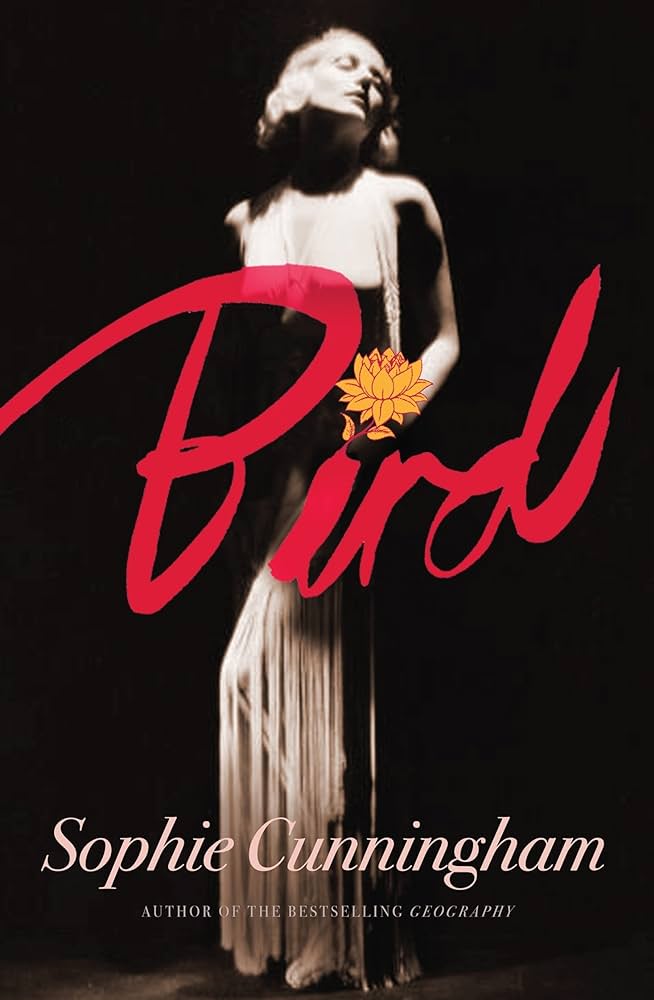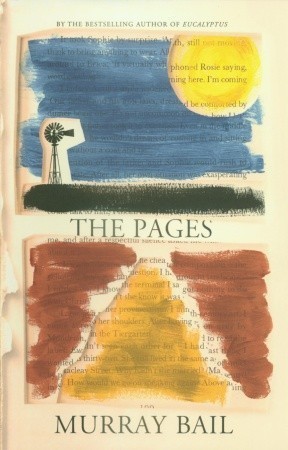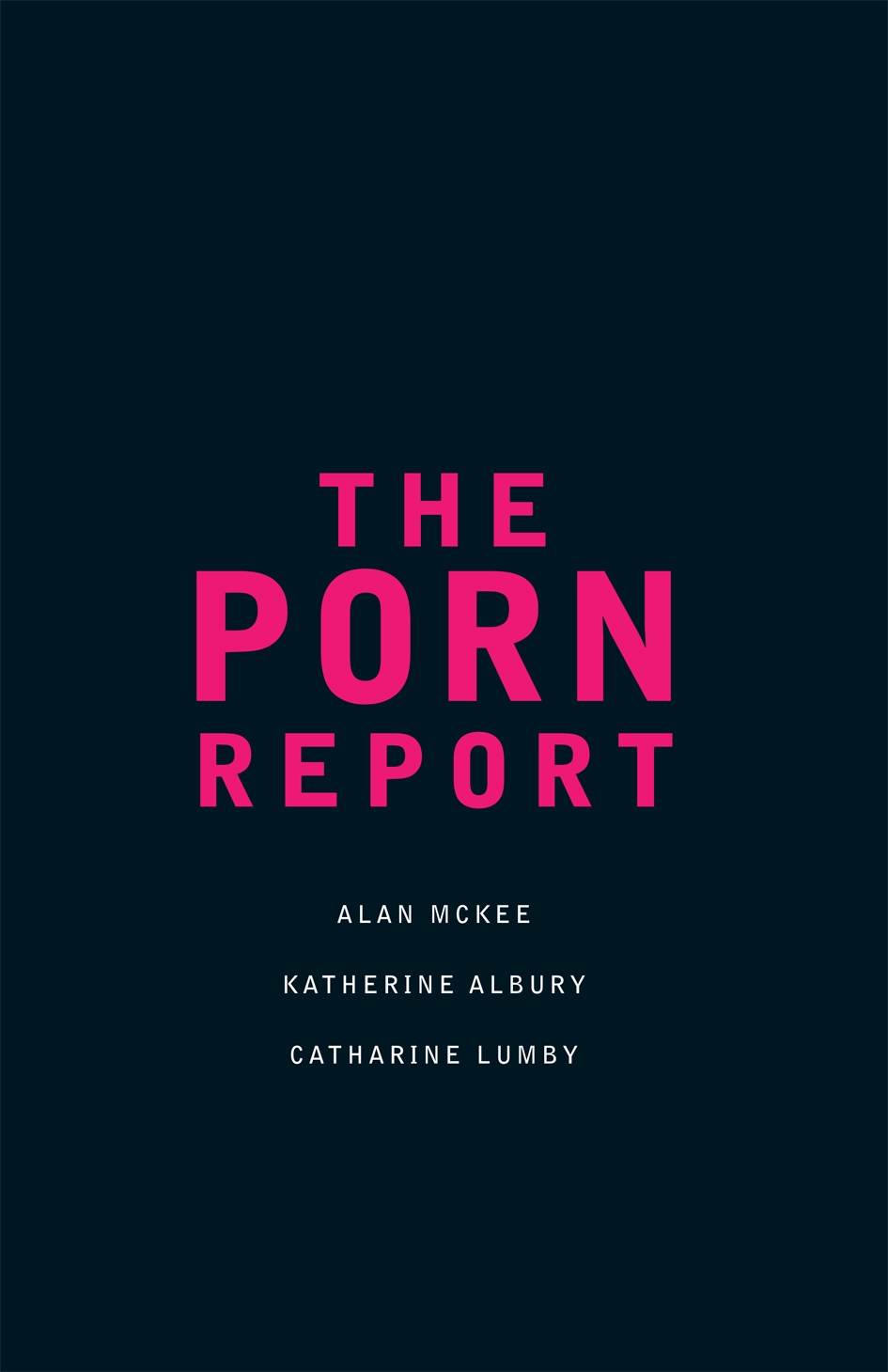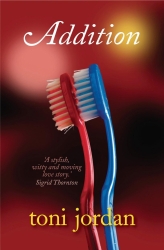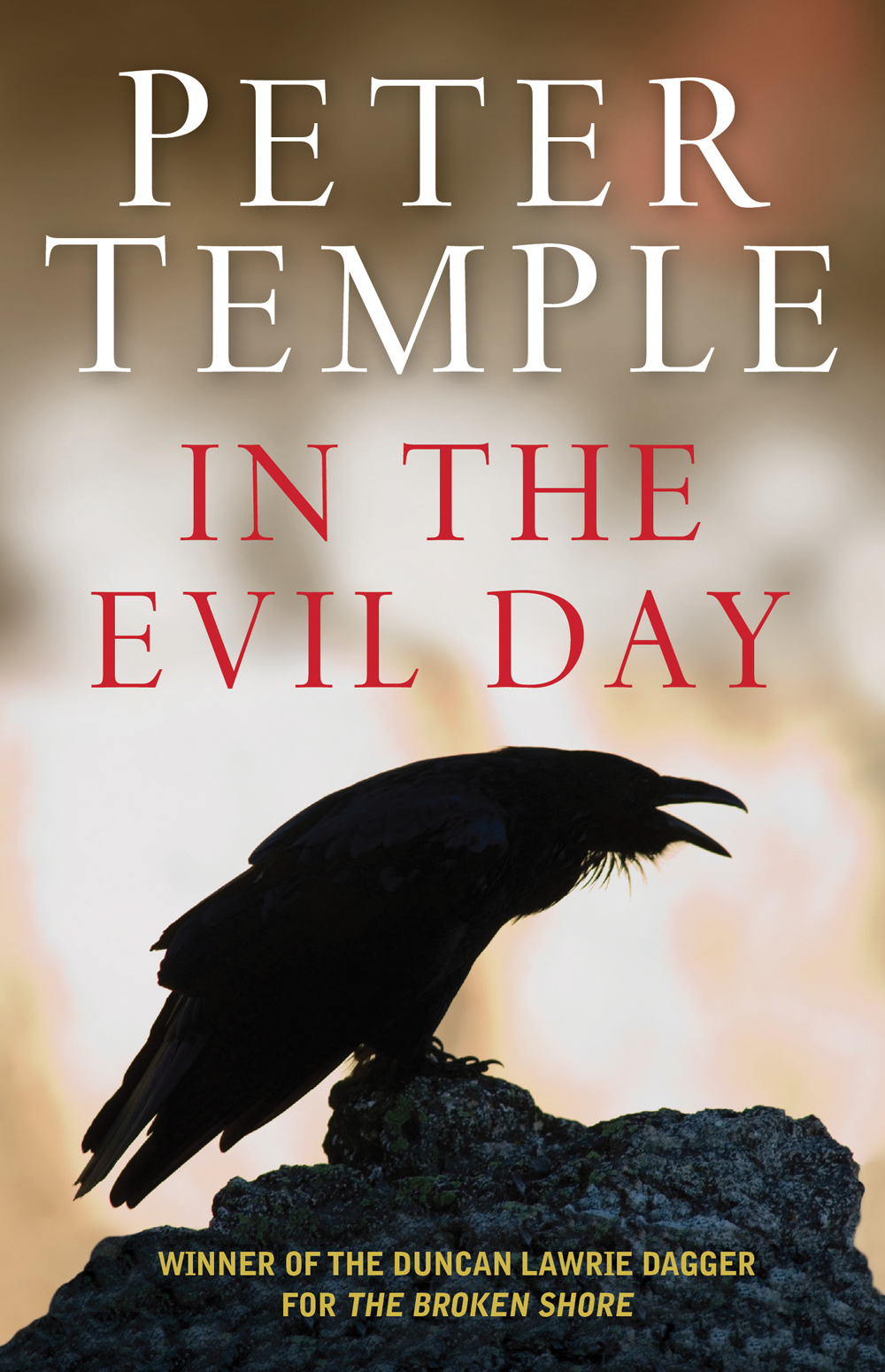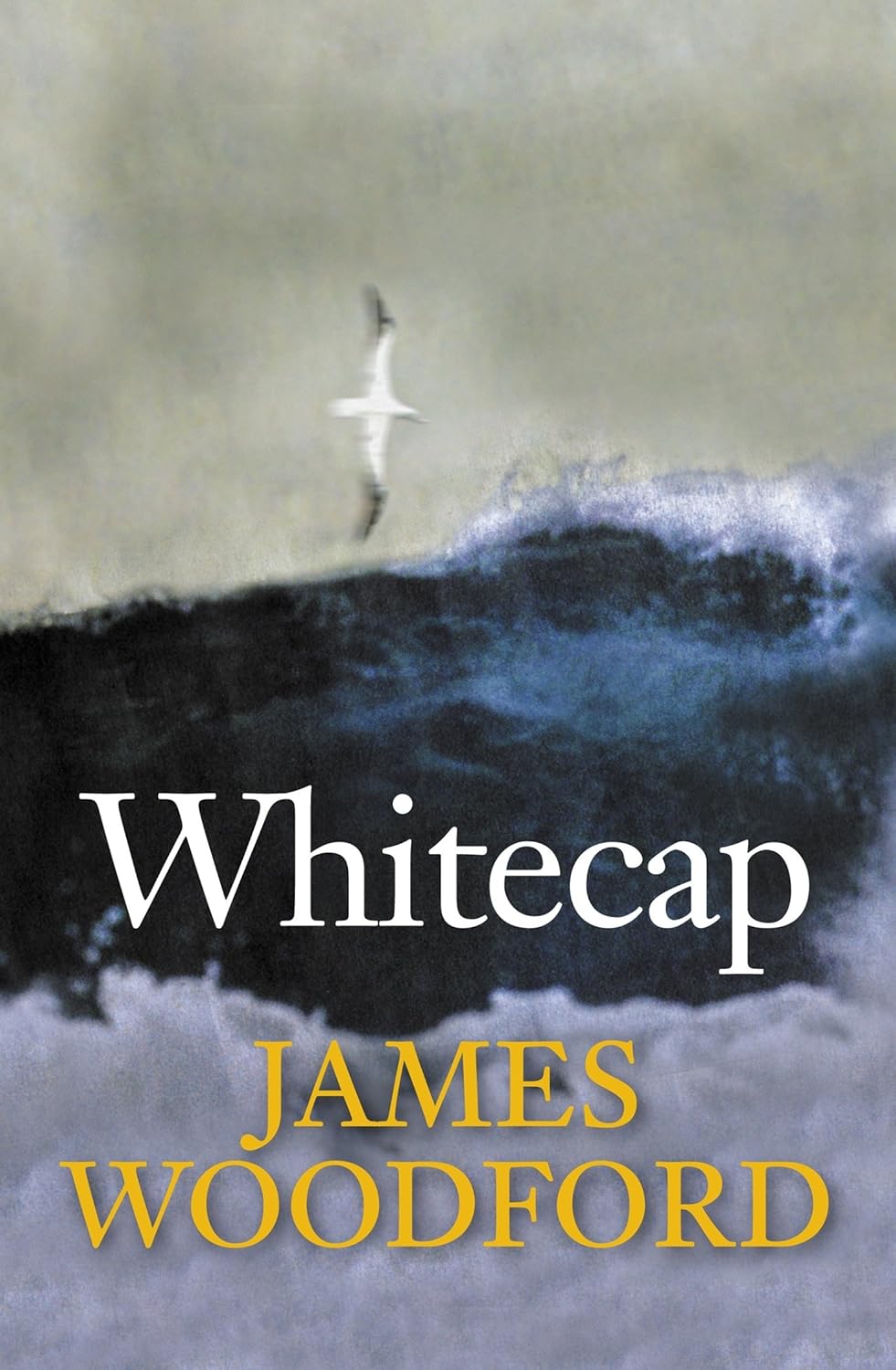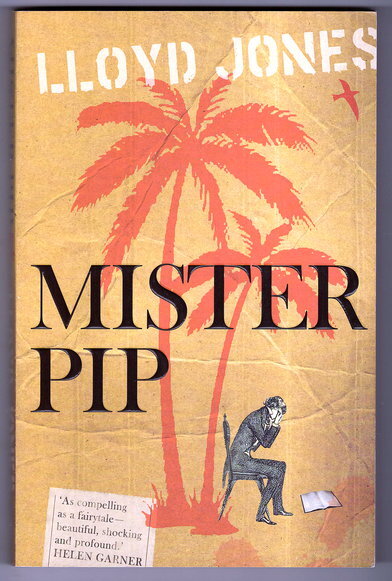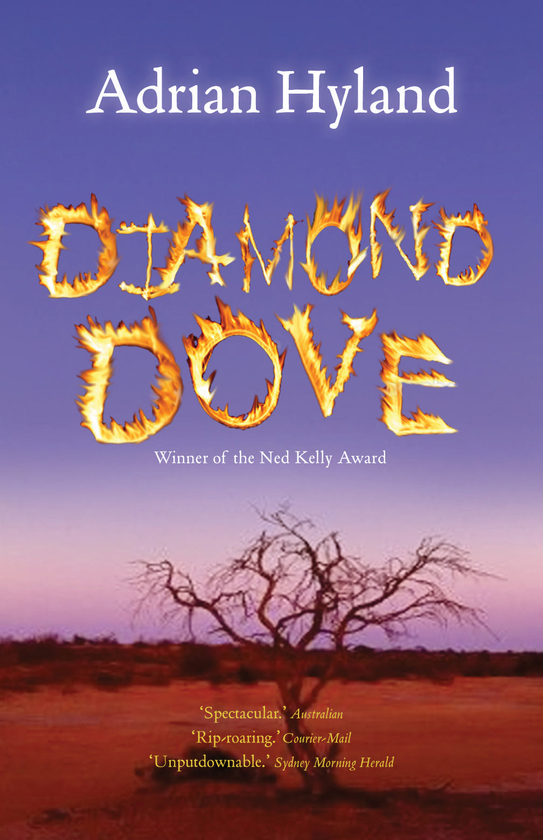The wandering albatross is the largest of the Diomedeidae family, with a wingspan exceeding three metres. Apart from occasional colloquies over squid or fish, it flies alone for thousands of miles, joining other albatrosses only to mate every two years, always with the same partner. It can live up to sixty years, skimming silently over the southern ocean, seemingly with little effort.
James Woodford’s first novel, Whitecap, deals extensively with these denizens of the sea. Several of his characters are obsessed with them; one of them, Digby Stuart, who is writing a doctorate on wanderers, spends many winter hours at sea waiting to capture them, place metal identification bands on their ankles and, somewhat disturbingly, spray-paint numerals in day-glo red on their snowy chest feathers. The defacement of birds in the name of science is one of many authentic and well-researched snippets of information in the novel. This rigour is unsurprising, coming from an author who was for many years an environmental and science journalist for the Sydney Morning Herald and who has enjoyed considerable success with three works of nonfiction: The Wollemi Pine (2000). The Secret life of Wombats (2001) and The Dog Fence (2003).
...
(read more)

